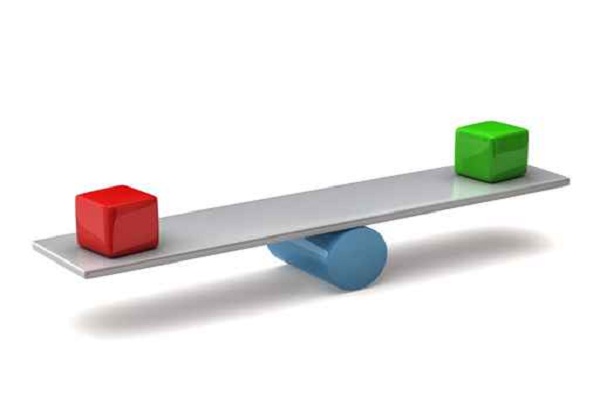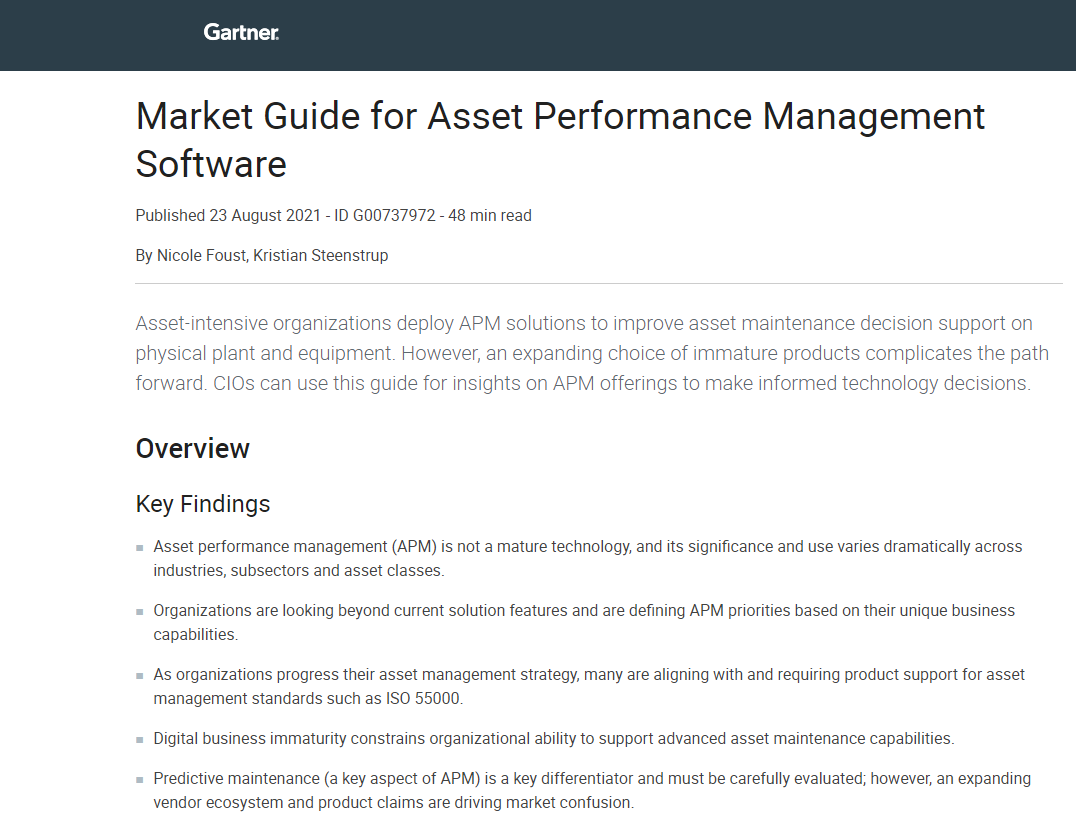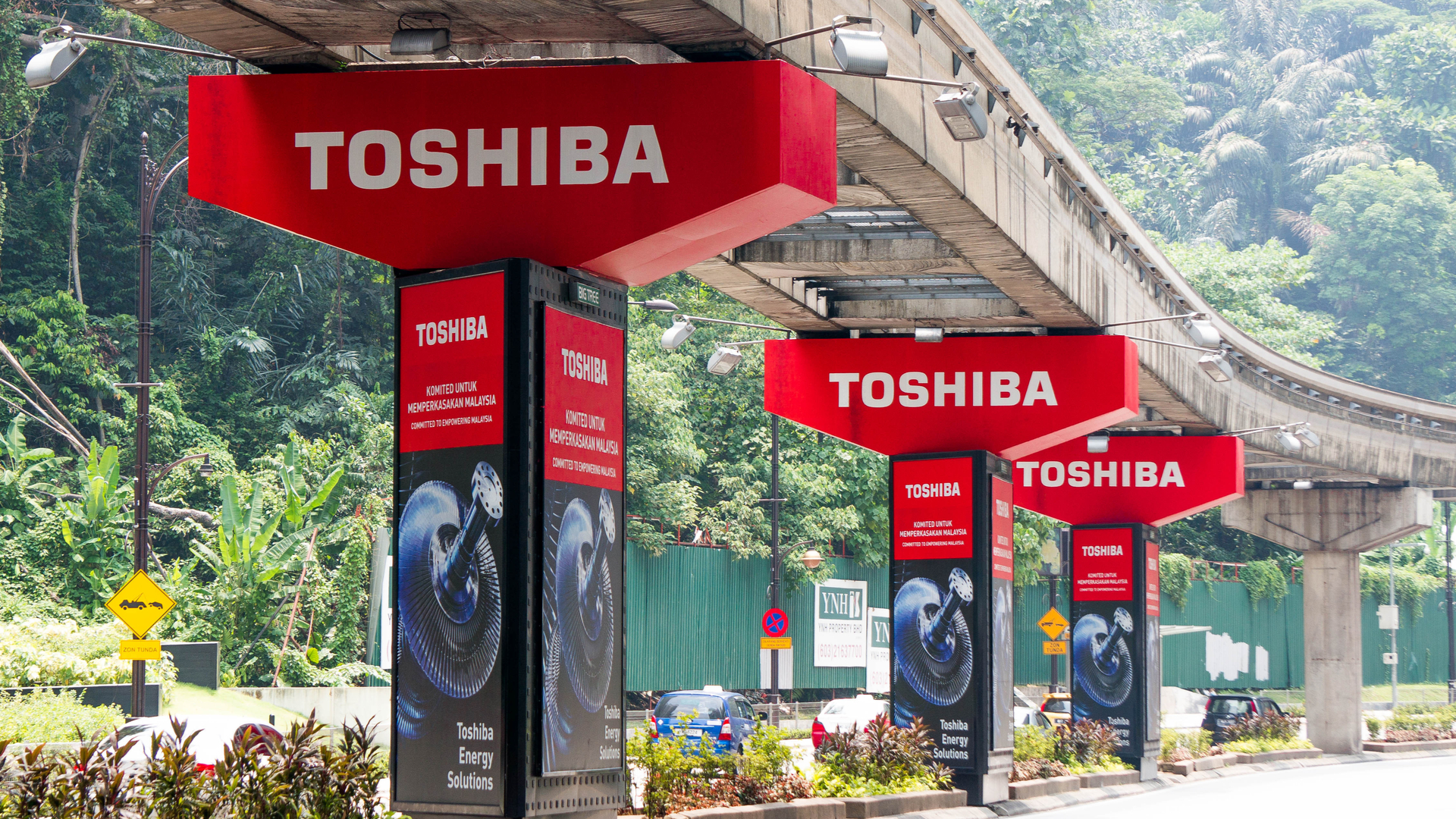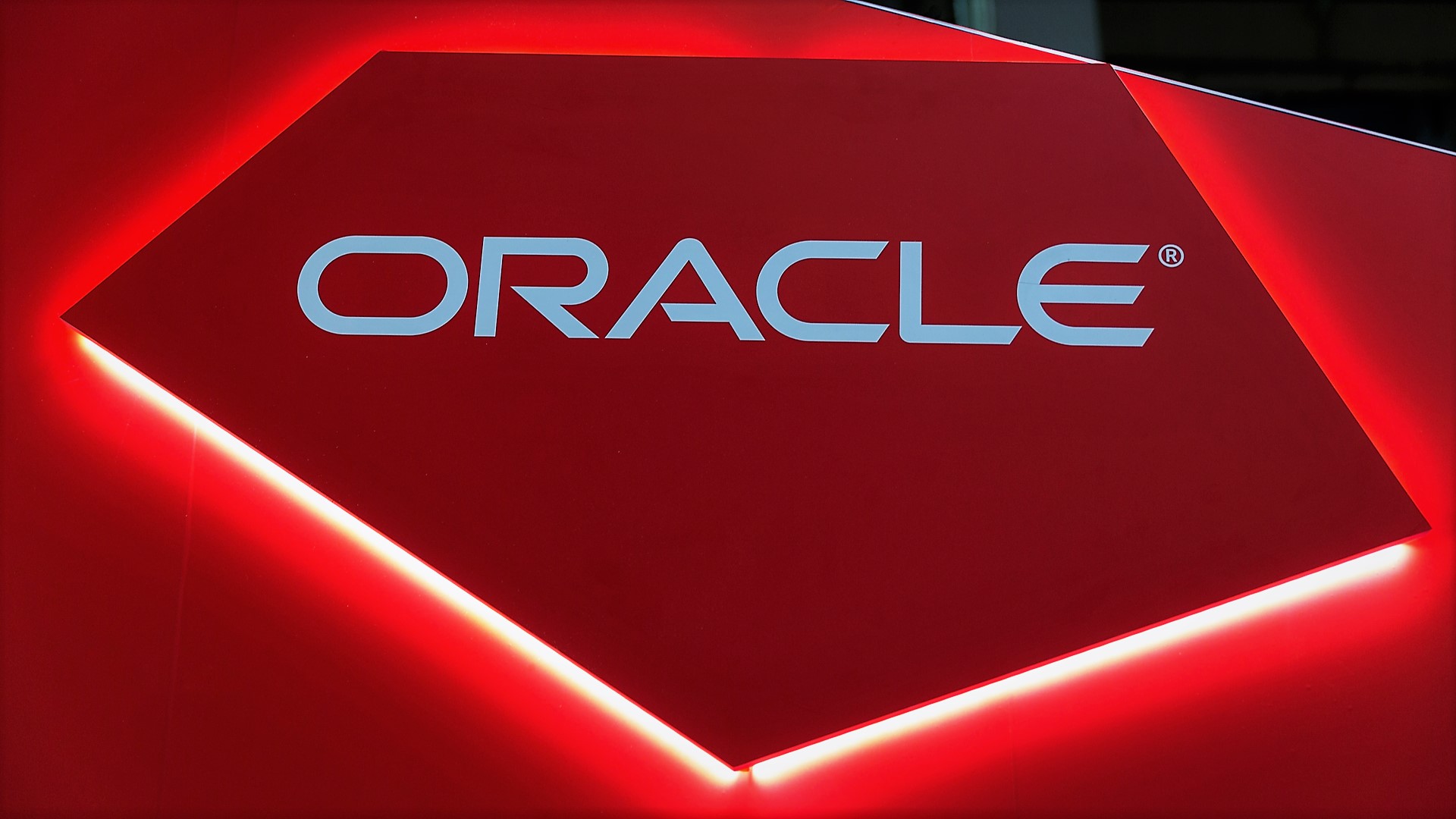Credit agency rates Sony and Panasonic's long-term survival chances
Fitch claims Panasonic's white goods business could provide it with a stay of execution.

Panasonic has a better chance than rival Sony of surviving Japan's consumer electronics slump because of its unglamorous but stable white goods business, credit rating agency Fitch has predicted.
Fitch cut Panasonic's rating by two notches to BB and Sony three notches to BB minus on Thursday, the first time one of the three major ratings agencies have put the creditworthiness of either company into junk-bond territory.
Rival agencies Moody's and S&P rate both of Japan's consumer electronic giants at the same level, just above junk status. Moody's last cut its rating on Panasonic on Tuesday.
Panasonic "has the advantage of a relatively stable consumer appliance business that is still generating positive margins", Matt Jamieson, Fitch's head of Asia-Pacific, said in a conference call on Friday to explain its ratings downgrades.
But at Sony, he added, "most of their electronic business are loss making, they appear to be overstretched."
Japan's TV industry has been bested by cheaper, more innovative models from Samsung Electronics and other foreign rivals, while tablets and smartphones built by Apple have become the dominant consumer electronics devices.
Investors are focusing on the fate of Sony and Panasonic after another struggling Japanese consumer electronics firm, Sharp, maker of the Aquos TV, secured a $4.6 billion bail-out by banks including Mizuho Financial Group and Mitsubishi UFJ Financial Group.
Get the ITPro daily newsletter
Sign up today and you will receive a free copy of our Future Focus 2025 report - the leading guidance on AI, cybersecurity and other IT challenges as per 700+ senior executives
Sony and Panasonic have chosen divergent survival paths.
Panasonic, maker of the Viera TV, is looking to expand its businesses in appliances, solar panels, lithium batteries and automotive components.
Appliances amount to around only 6 per cent of the company's sales, but they generate margins of more than 6 per cent and make up a big chunk of operating profit.
Sony, creator of the Walkman, is doubling down on consumer gadgets in a bid to regain ground from Samsung and Apple in mobile devices while bolstering digital cameras and gaming.
The latest downgrades will curtail the ability of both Japanese companies to raise money in credit markets to help fund restructurings of their business portfolios.
For now, however, that impact is limited, given the support Panasonic and Sony are receiving from their banks.
In October, Panasonic, which expects to lose $10 billion in the year to March 31, secured $7.6 billion of loan commitments from banks including Sumitomo Mitsui Financial Group and Mitsubishi UFJ, a financing backstop it says will help it avoid having to seek capital in credit markets.
Sony, which has forecast a full-year profit of $1.63 billion helped by the sale of a chemicals business to a Japanese state bank, announced plans to raise $1.9 billion through a convertible bond before the latest rating downgrade.
Thomson Reuters' Starmine structural model, which evaluates market views of credit risk, debt levels and changes in asset values gives Panasonic and Sony an implied rating of BB minus. Sharp's implied rating is three notches lower at B minus.
Standard & Poor's rates Panasonic and Sony at BBB, the second lowest of the investment grade, while Moody's Investors Service has them on Baa3, the lowest of its high-grade category. Moody's has a negative outlook for both firms while S&P sees a stable outlook for Panasonic and a negative one for Sony.
ITPro is a global business technology website providing the latest news, analysis, and business insight for IT decision-makers. Whether it's cyber security, cloud computing, IT infrastructure, or business strategy, we aim to equip leaders with the data they need to make informed IT investments.
For regular updates delivered to your inbox and social feeds, be sure to sign up to our daily newsletter and follow on us LinkedIn and Twitter.
-
 Should AI PCs be part of your next hardware refresh?
Should AI PCs be part of your next hardware refresh?AI PCs are fast becoming a business staple and a surefire way to future-proof your business
By Bobby Hellard Published
-
 Westcon-Comstor and Vectra AI launch brace of new channel initiatives
Westcon-Comstor and Vectra AI launch brace of new channel initiativesNews Westcon-Comstor and Vectra AI have announced the launch of two new channel growth initiatives focused on the managed security service provider (MSSP) space and AWS Marketplace.
By Daniel Todd Published
-
 IDC: The business value of IBM Maximo
IDC: The business value of IBM MaximoWhitepaper Integral to the transformation of asset management
By ITPro Published
-
 How to choose APM software for your business
How to choose APM software for your businessWhitepaper A market guide to Asset Management Performance software
By ITPro Published
-
 Scandal-hit Toshiba to split into three companies
Scandal-hit Toshiba to split into three companiesNews The troubled Japanese giant aims to create more value for investors with "attractive" business separation
By Bobby Hellard Published
-
 Tektronix updates its asset management software
Tektronix updates its asset management softwareNews CalWeb gains four new capabilities surrounding test and measurement equipment calibration
By Praharsha Anand Published
-
 Oracle Utilities partners with Veracity and Triniti to streamline utilities’ digital transformation
Oracle Utilities partners with Veracity and Triniti to streamline utilities’ digital transformationNews The trio will join forces to enhance utilities’ critical infrastructure and processes
By Praharsha Anand Published
-
 The definitive guide to warehouse efficiency
The definitive guide to warehouse efficiencyWhitepaper Get your free guide to creating efficiencies in the warehouse
By ITPro Published
-
 Atera raises $77 million for its all-in-one SaaS
Atera raises $77 million for its all-in-one SaaSNews RMM by Atera helps MSPs monitor and manage remote IT networks with ease
By Praharsha Anand Published
-
 Rockwell and Kezzler join forces to enhance supply chain visibility
Rockwell and Kezzler join forces to enhance supply chain visibilityNews New track-and-trace platform helps manufacturers monitor their products' lifecycles
By Praharsha Anand Published
